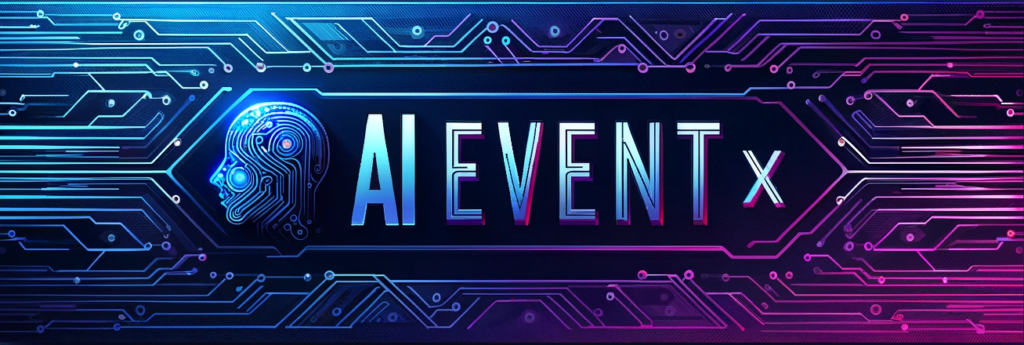Introduction
Google’s latest foray into artificial intelligence, Gemini, launched on December 6, 2023, is a groundbreaking AI model that mirrors human-like behaviors. This advancement is set to transform how we interact with technology, enhancing the capabilities of AI-powered applications. The introduction of Gemini has sparked a fresh debate on the potential and challenges associated with cutting-edge AI technologies.
What is Google Gemini AI?
Google Gemini AI represents a significant leap in AI development. It is an AI model designed to mimic human cognitive abilities, aiming to make interactions with technology more intuitive and efficient. Gemini’s role is not just limited to performing tasks; it is about understanding and predicting needs in a way that is strikingly human.
The Phased Rollout of Gemini
The rollout of Gemini is methodical and phased. Initially, Google introduced less sophisticated versions, “Nano” and “Pro,” integrated into Google’s AI chatbot Bard and the Pixel 8 Pro smartphone. These versions assist in summarizing audio recordings and offering automated responses in messaging apps.
The most notable advancement, “Gemini Ultra,” is slated for release in early 2024. This will power the “Bard Advanced” chatbot, initially accessible to a select test audience. This version is expected to showcase remarkable AI multitasking capabilities, handling text, images, and videos simultaneously.
Integration and Impact
Gemini is set to be integrated into Google’s ecosystem, significantly enhancing the search engine’s capabilities. The precise timeline for this integration remains uncertain, but the potential impact is immense. Google DeepMind CEO Demis Hassabis describes Gemini as a milestone in AI, opening a new chapter for the tech giant.
The Debate Around AI
The capabilities of Gemini, especially in problem-solving in areas like math and physics, ignite optimism for groundbreaking scientific discoveries. However, the flip side of the AI debate raises concerns about AI surpassing human intelligence, with potential repercussions like job displacement and the amplification of misinformation.
Google’s approach, as outlined by CEO Sundar Pichai, emphasizes responsibility and ambition. The development of AI, according to Pichai, should balance potential societal benefits with safeguards and cooperation with governmental and expert entities to address emerging risks.
Competitive Landscape
The launch of Gemini intensifies the competitive dynamics in the AI industry. It positions Google in direct competition with entities like OpenAI and its GPT-4 model. The market has responded favorably to these developments, with significant increases in the market value of companies like Google’s Alphabet and Microsoft, reflecting investor optimism in AI’s commercial potential.
Challenges and Prospects
Despite the advancements Gemini brings, it faces challenges typical of large language models, such as maintaining factuality and avoiding AI-generated errors. Google acknowledges these challenges and is committed to ongoing research to overcome them.
Conclusion
Google Gemini AI stands as a pivotal innovation in the AI sector, offering enhanced capabilities while also fueling further innovation and discussions. As AI continues its rapid development, the focus remains on harnessing its benefits while carefully navigating the ethical and societal implications of these advanced technologies. The future of AI, with Gemini at the forefront, promises to be as exciting as it is challenging, paving the way for transformative changes in how we interact with technology and understand the world around us.

